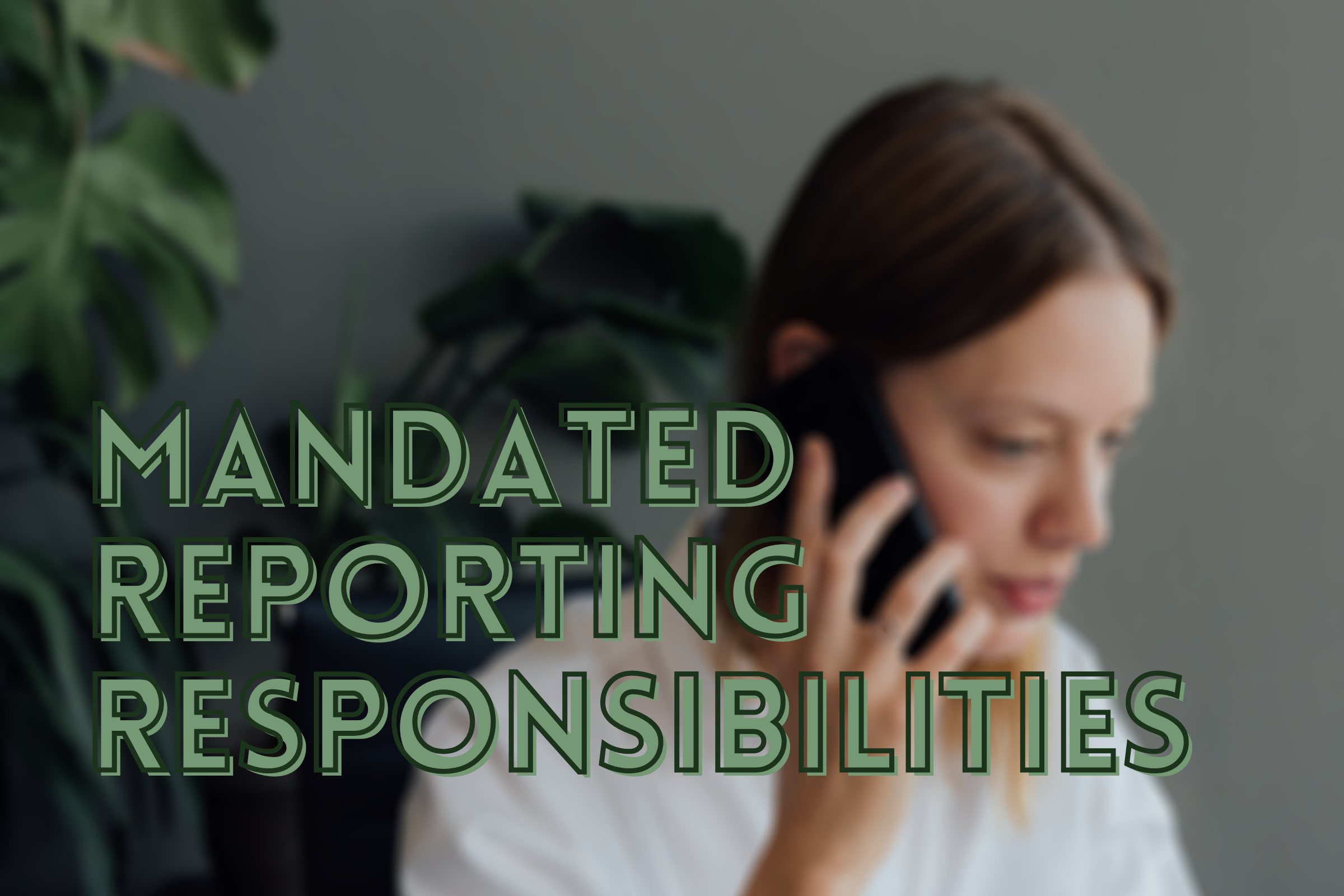Confidentiality and Privacy Disclosures in Research
Researchers should clearly convey their data confidentiality and privacy plans to study participants. For example, some researchers collect anonymous data (without any personal identifiers). In other words, the data can never be linked back to the participants. Other types of research may collect personal or indirect identifiers, but the researcher establishes data security and privacy protections only allowing authorized users (e.g., the research team) to access the data.
Researchers should disclose the limits of confidentiality in their consent form, and if researchers have direct contact with the participant, they should make the participant aware of these limits verbally as well. For example, researchers may include the following language (tailored for their specific populations of interest) on their consent (parent/guardian permission or assent) form:
- Any information derived from this research project that personally identifies you will not be voluntarily released or disclosed without your separate consent, except as specifically required by law.
- We cannot keep information confidential if we have concerns that someone is hurting you or your child or that your child might hurt himself/herself/themselves or someone else. In such cases, we will inform people in authority about our concerns.
- In some cases, like focus group sessions, confidentiality or privacy cannot be guaranteed. In these instances, your participation in this study and your identity will be known to other focus group participants and the researchers cannot guarantee that others in these groups will respect the confidentiality of the group. The researcher will ask all focus group attendees to keep all comments made during the focus group session confidential and not discuss what happened during the focus group outside the meeting.
Anonymization and privacy protections help ensure participant’s rights, sustain the integrity of the researcher’s affiliated institution, and build public trust in the research field.
Mandated Reporting
Mandated reporting is the legal responsibility of health and education professionals to report suspected abuse, neglect, self-harm, or harm to others. These reports are often made to government authorities (e.g., child protective services), although sometimes they are made to the individual’s supervisor or a 3rd-party institution. The laws for mandated reporting vary by state and profession.
Mandated reporting responsibilities can directly conflict with confidentiality in research, as the researcher may be bound by law to report their findings to an entity outside of the research team. For example, a researcher who is also a clinical psychologist might want to conduct a program evaluation of her practice, including pre- and post-interviews that are not part of typical therapy. She may be required to report disclosures of child abuse or neglect that are expressed during the interviews as part of her mandated reporting responsibilities. These requirements vary across state lines and professions, so it is important that researchers know and understand the requirements specific to their research contexts.
For mandated reporting, researchers may include the following language (tailored for their specific populations of interest) on their consent (parent/guardian permission or assent) form:
- There are three exceptions to our confidentiality policy. The first is if we learn that you or someone else is at high or imminent risk of harm. The second is if we learn of possible abuse of a minor. The third is if we are legally obligated to reveal your study responses. If this happens, we will take steps to communicate with you and to ensure the safety of those indicated. This may involve doing things such as contacting your therapist (if you have one), a designated authority, or calling 911.
Teachers College student-researchers who are not mandated reporters, but suspect abuse or neglect of youth participants should seek support from their faculty sponsor and an IRB administrator. Researchers who plan to work with neglected or abused youth should consider taking training sessions before engaging with study participants. For example, New York State offers self-directed online training. Researchers can also consult the Office of Diversity and Community Affairs to ask questions about community, diversity, civility, equity, and anti-discrimination before interacting in research activities. Above all, researchers are responsible for the protection of human subjects and should take steps towards that effort in the short or long term. TC IRB will work with researchers on a case-by-case basis to approve language detailing privacy and confidentiality statements and mandated reporting requirements, as needed.
Resources:
- Limits of Confidentiality (2018)
- Summary Guide for Mandated Reporters in New York State
- Child Abuse Reporting and Teen Sexual Activity
- Elder Abuse - U.S. Department of Justice
- Elder Abuse FAQ
- New York Child Protective Services FAQ
